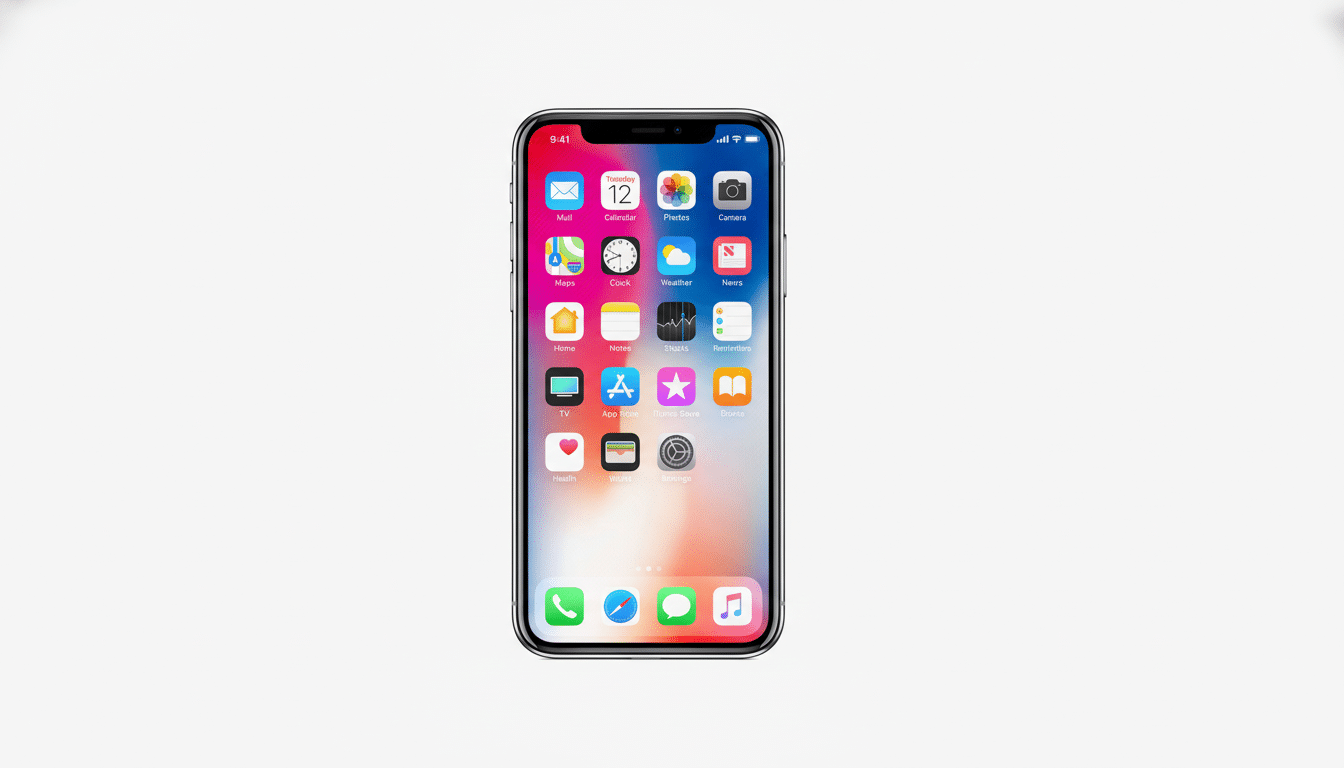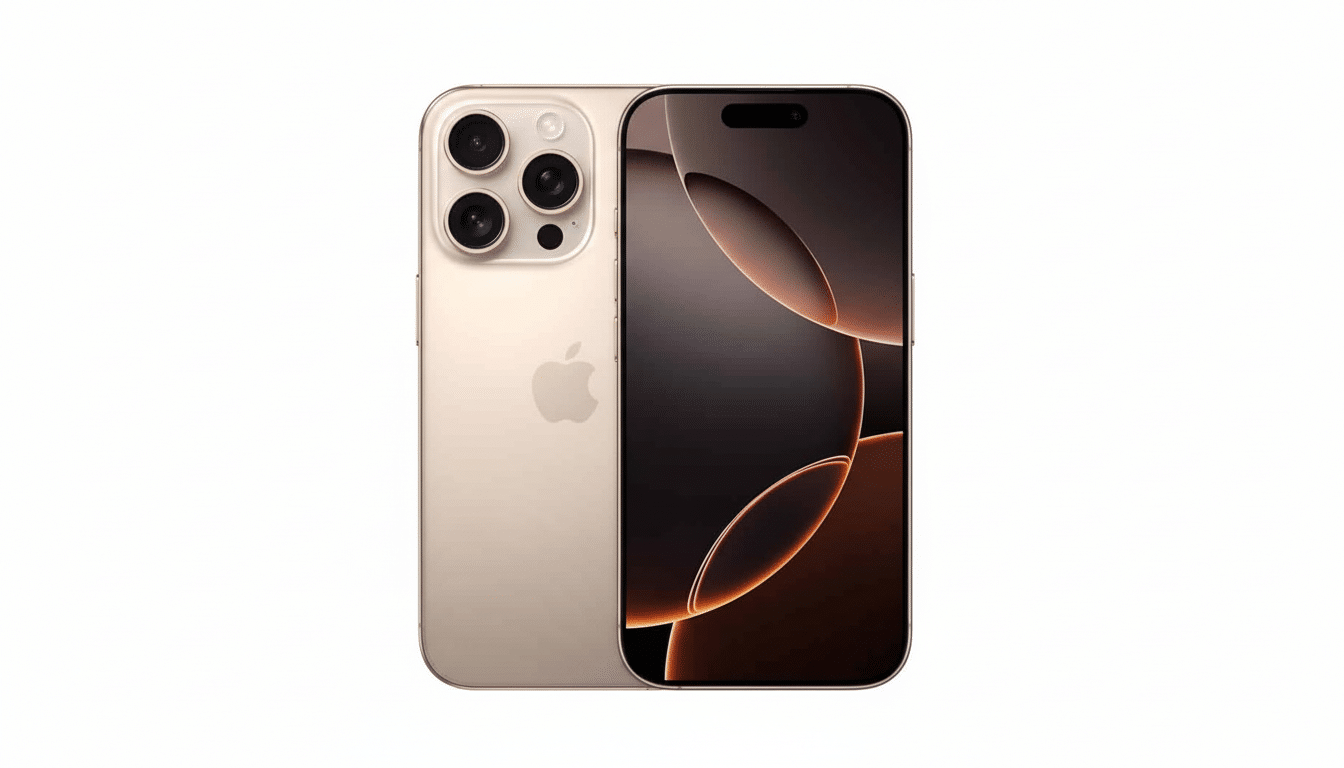There is another absurd AI novelty for the burned out, chronically online among us. The free iPhone photo booth app Endless Summer, a project by the product designer Laurent Del Rey, offers what might be the sunniest gallery of vacation snapshots starring you (and friends), no flights or FOMO required. Picturing balcony vistas over tiled European rooftops, breezy boardwalk strolls and dining al fresco with friends at golden hour — evoked by a model able to produce convincing images from just one reference selfie.
How It Works: The AI Photo Booth Experience
Endless Summer doesn’t get bogged down with clunky mechanics. A tiny camera preview button provides a sense of anchorage to the interface: Tap it and the app creates a new photo, before tiling images within a camera roll-style feed. The pictures are innately nostalgic (soft grain, warm tones, slight blur), and the scenes feel casual and lived-in rather than studio-perfect. That creative decision slyly hides some subtle model artifacts and just fits into the current trend of lo-fi photo dumps.

A compact generative model of images does the heavy lifting in Del Rey’s method: Backgrounds, outfits and angles can all vary to create a credible “you on holiday” look. The app doesn’t save your original selfies (unless you turn on an optional auto-generation feature) and provides a simple two-tap process to delete your account that gets rid of any associated data, the developer says. Users can enter their gender or simply let the system infer what it is, switch auto-save to the iPhone Camera Roll on and off, and adjust themes — including a fun seasonal Halloween mode that plunks you into costume ideas.
Free use ends quickly. Following a few trial images, there is a paywall with tiered packs:
- 30 images for $3.99
- 150 images for $17.99
- 300 images for $34.99
There is an option for “Room Service” to quietly serve up two new photos every morning — transforming the app into a daily drip-feed scrapbook of imagined getaways.
Burnout, PTO and the Expectation to Look Rested
One can hardly miss the cultural subtext. Knowledge workers increasingly report high stress and a lack of recovery: Gallup has found that nearly four in 10 employees feel the pressure daily, a level that’s stayed constant. In the meantime, they are offering up mountains of unused paid time off: hundreds of millions of days go forfeited every year by Americans who don’t manage to make it out of the office, according to the U.S. Travel Association, with workload as well as staffing shortages and the fear that one might fall behind keeping workers tethered to their desks.

Social media raises the stakes. A performative layer now exists over leisure itself, where vacations are captured almost as much as they are experienced. A longstanding “Vacation Deprivation” research series from Expedia, documenting the widening gap between the need for breaks and taking them, was surpassed by platforms popularizing fleeting trends like “fakecations,” in which users pretend to go on exotic outings with their friends using green screens. Endless Summer boils that phenomenon down to a single tap: the glossy highlight reel for folks without the time, money or energy to assemble one.
Authenticity, Consent and Content Provenance
There is a clear ethical wrinkle: when does pretend children’s play cross the line into being misleading? The app is all about the user’s likeness, so it doesn’t wade into the thorniest issue — creating other people without their permission — but lifelike composites might still be able to fool friends or followers. “There’s been a line that’s blurred between what you’re lifting up online and real life, contributing to increased anxiety and social comparison,” said researchers at the American Psychological Association when calling out how images show lifestyles that don’t actually exist.
One potential safeguard is labeling. The Content Authenticity Initiative and the C2PA standard, supported by companies including Adobe, Microsoft and leading makers of cameras, are promoting cryptographic “nutrition labels” that will indicate when and how an image was created or altered. If apps like Endless Summer all defaulted to content credentials, viewers would get a clearer signal that an image is synthetic without taking the fun out of it.
More Than a Travel Hack, a Mirror for Work Culture
As a product, Endless Summer is slick and affordable, on trend. As a cultural artifact, it is something of a Rorschach test. Optimists will view it as benign escapism, a tool to gently usher a weary brain toward buoyant visualization. For skeptics, they will see a coping mechanism for a system that makes actual rest seem unattainable. Both can be true at the same time — and that is what makes the app interesting.
Artificial vacations will not bring the health benefits of real downtime; studies that are referenced in this matter by both the World Health Organization and health researchers alike directly connect real breaks with less stress, better sleep and greater productivity. But by squeezing the performance of leisure into a tap, Endless Summer shines a light on a tension that data has been hinting at for years: people want to feel rested when there’s no possible way they could be, according to their schedules and budgets. The photos are fake. The burnout propelling them is not.

